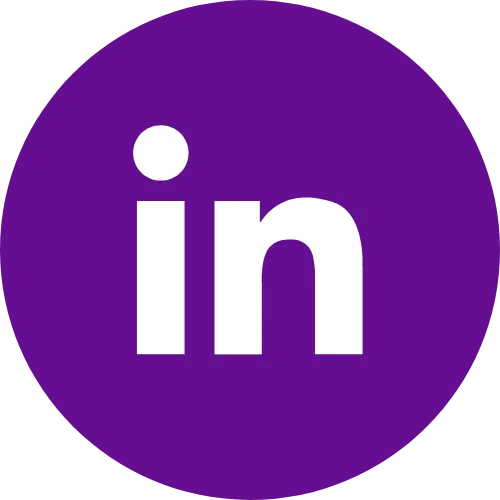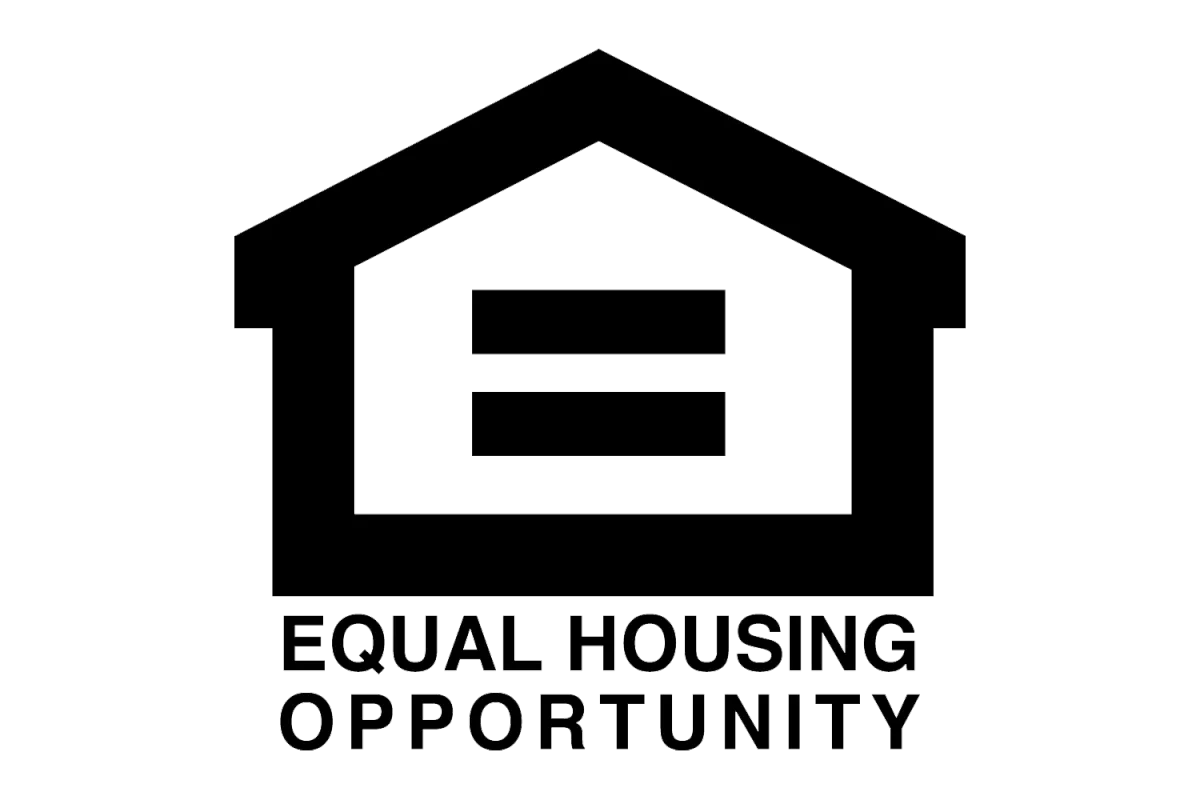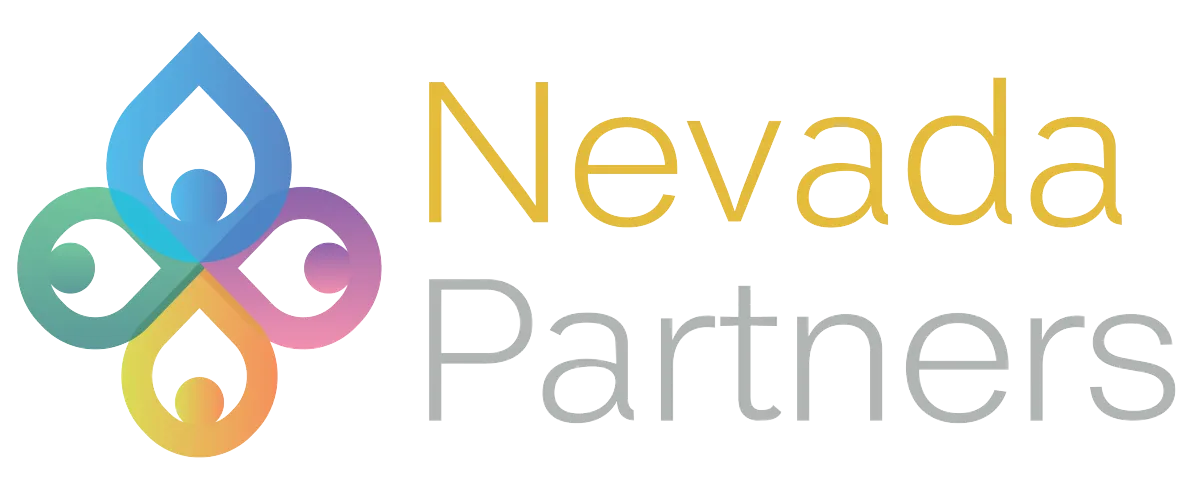





Education & Youth Development
Pillar Summary
Nevada Partners provides cradle-to-career support services to students and families through strong schools, leveraged resources, and coordinated community-building efforts that will ensure all children who live in the West Las Vegas Promise Neighborhood have a safe, healthy, and strong academic start in life.
Education is central to the concept of the Community Learning Center, where residents of all ages can access a variety of educational opportunities. Responsive to community needs and interests, these teaching and learning opportunities will include everything from parenting and childhood development classes to PK-20 academic supports, and courses in Black history, culture, and the arts.
Youth Pillar Related News

Diverse & Emerging Entrepreneurs Solving Community Problems with Lived Experiences at Promise Startups
In this compelling panel discussion at the Promise Startups Conference #17, local entrepreneurs and community advocates shared their deeply personal journeys and the powerful social impacts they aspire to make through their initiatives. Hosted by Jon Stevenson from UNLV’s Tourism Business Igniter program, the event focused on how emerging entrepreneurs use social consciousness as a foundation for building businesses that address specific community needs. Each panelist offered an inside look at the unique challenges they've overcome and the ambitious social change they’re working to achieve.
Panelist Introductions and Projects
1. Andrea Rainey – Jaya’s Light Children’s Foundation
Andrea began by recounting the heartbreaking loss of her granddaughter, Jaya, who was tragically killed by a wrong-way driver. This incident inspired her to establish Jaya’s Light Children’s Foundation, which provides clothing and comfort items to children in emergency situations. She described the personal mission driving her work: "We turned our pain into purpose," she said, emphasizing how the foundation offers support for children in hospitals and low-income families needing resources for youth sports.
Andrea’s advocacy extends to legislative efforts. She is currently working with Assemblyman Brian Hibbets to enact a law that criminalizes wrong-way driving. Reflecting on her resolve, she explained, "I don’t care if I knock on 10 doors and get one 'yes,' this is for Jaya," illustrating her commitment to ensuring other families don’t suffer similar tragedies. She envisions a future where safer traffic laws reduce preventable accidents.
2. Alaric Overbey – Green Side Up
Alaric’s path to social entrepreneurship began with his background in IT and his move to Dallas, where he encountered food deserts and the associated health disparities. Describing his initial realization, he said, "South Dallas had the highest amputations in the country from diabetes," a direct result of limited access to healthy foods. This led him to co-found Green Side Up, a company that brings vertical farming to underserved areas to combat food deserts and teach sustainable agricultural skills.
He articulated the root of his mission: "Those closest to the problem are closest to the solution." By empowering communities to produce their own food, Green Side Up aims to reduce dependency on imported, often unhealthy, options. Alaric added, "If you do these indoor agriculture, vertical farming setups in these communities, you’re empowering them to solve their own problems," highlighting his vision for self-sufficient neighborhoods that can combat generational health issues.
3. Mel Bryan – Apple of Your Eye (La Niña De Tus Ojos)
Mel shared her story of resilience and faith, explaining how personal struggles and feelings of isolation in a new country spurred her to start her nonprofit, Apple of Your Eye. The organization provides support to immigrants, women, and homeless individuals, helping them navigate life in the U.S. "I was at a point where I didn’t know where to go or who to talk to. But he [God] sent angels to my path to help me see there was hope and a future," she shared, expressing gratitude for those who have supported her journey.
Through her work, Mel aims to foster a sense of belonging for those who feel isolated. "We focus on the children, the values, and teaching them to undertake and to be a positive influence in the community," she said. Mel’s ultimate goal is to reduce youth incarceration rates and guide individuals toward lives of self-sufficiency and hope.
4. Shawki Daou – SCORE Mentor
Shawki brought an analytical perspective to the panel, leveraging his experience as a SCORE mentor and talent developer. He highlighted two major challenges for entrepreneurs: the rapid pace of technological change and the difficulty of communicating effectively in an age of information overload. "Technology is moving so fast that nobody can keep up with it," he explained, noting that the speed of change often leaves entrepreneurs struggling to stay relevant.
Drawing from personal experience, Shawki underscored the importance of having a mentor: "Even the best players in sports have coaches," he said, emphasizing that mentors provide essential guidance and support. He encouraged entrepreneurs to maintain a clear focus and consult regularly with trusted advisors to avoid common pitfalls in startup planning and execution.
Key Themes and Takeaways
Navigating Fear and Uncertainty
A recurring theme was overcoming fear, whether related to financial stability, personal loss, or taking risks in unfamiliar areas. "There’s a fear of not succeeding that kind of blocks you from taking the necessary steps to train and educate yourself," said Alaric, candidly reflecting on his early entrepreneurial mistakes. He emphasized the importance of “reverse-engineering your trauma” to use personal experiences as a source of strength, rather than a hindrance.
Andrea, too, shared her perspective on fear: "I always have to use it as a positive and keep focused on the bigger picture," she said, highlighting the strength she draws from her granddaughter’s memory. Mel echoed these sentiments, sharing that fear is often a lack of direction. She explained, "When you don’t know where to go, it limits you," encouraging attendees to seek guidance and mentorship to avoid feeling overwhelmed.
Community Empowerment and Local Solutions
Each panelist spoke passionately about empowering communities to address their own challenges. "How do you start to take this problem and turn it into an asset?" Alaric asked, underscoring the role of vertical farming as a community-based solution to food insecurity. Similarly, Mel described Apple of Your Eye as a support system for those navigating difficult circumstances, saying, "We’re here to serve, to give you that hand of help, that comfort so that you know that you can."
Shawki noted the role of mentorship and knowledge-sharing in enabling communities to find solutions within, rather than relying solely on outside help. "As a coach, I don’t provide solutions; I help you find the answers within yourself," he explained, underscoring SCORE’s mission to empower local entrepreneurs with the skills needed for lasting success.
Final Reflections from the Panelists
In a final, lightning-round question, Jon Stevenson asked each panelist what social change they hoped to achieve if their initiatives succeeded. Their responses were powerful affirmations of their respective missions:
- Andrea Rainey: "Safer traffic laws."
- Alaric Overbey: "I will eliminate food deserts across the country."
- Mel Bryan: "I hope to see fewer of our kids being incarcerated."
- Shawki Daou: "Success and prosperity for the community."
Conclusion
The panel concluded with heartfelt gratitude from each speaker for the chance to share their stories and learn from one another. Andrea, Alaric, Mel, and Shawki all expressed appreciation for the support systems that had aided their journeys and encouraged the audience to pursue their visions for social change fearlessly.
Jon Stevenson closed the event, inviting attendees to continue the conversation and forge new connections, embodying the collaborative spirit of the Promise Startups Conference.

West Las Vegas: Promise Neighborhood History
West Las Vegas is a Historic Neighborhood in Las Vegas, Nevada. This 3.5 square mile areaa is located northwest of the Las Vegas Strip and the "Spaghetti Bowl" interchange of I-15 and US 95. It is also known as the Historic Westside. Learn more about the history and map of the West Las Vegas Promise Neighborhood here.
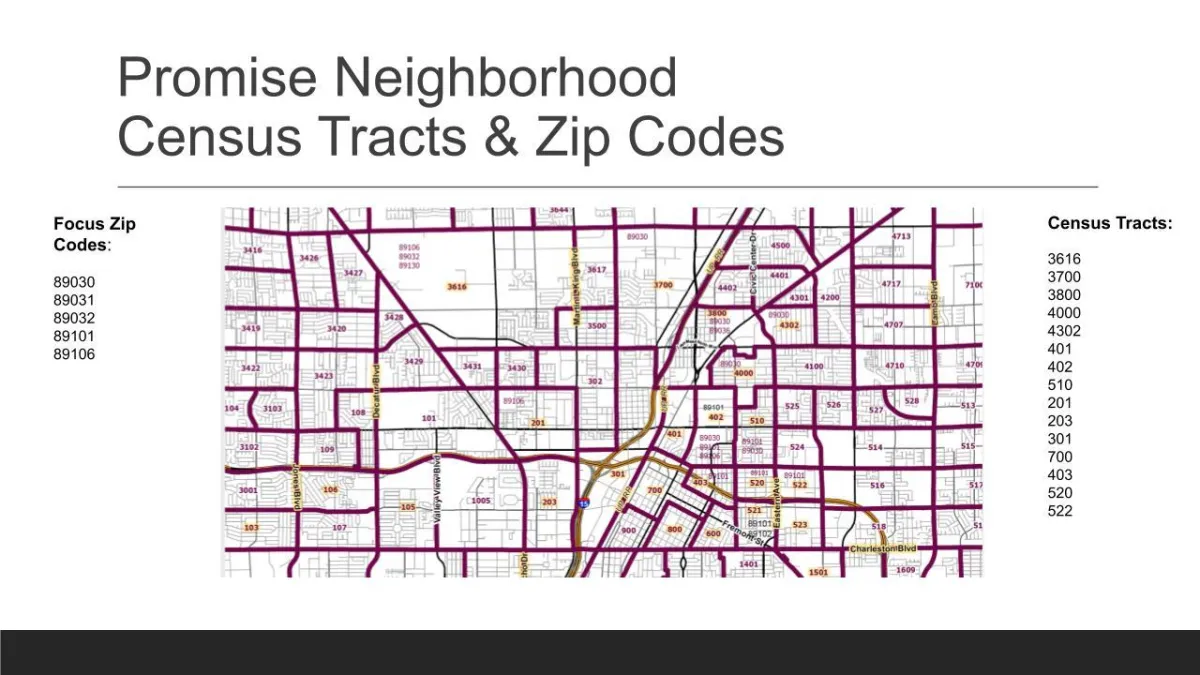
Explore Community Pillars
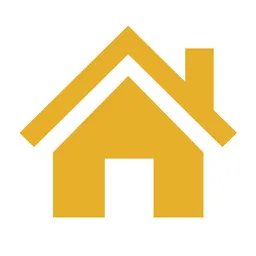
Affordable Housing & Wealth Creation Pillar
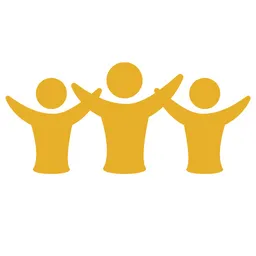
Education & Youth Development Pillar
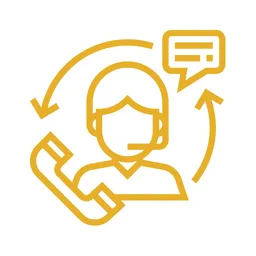
Future of Work
Pillar

Civic Participation &
Social Justice Pillar
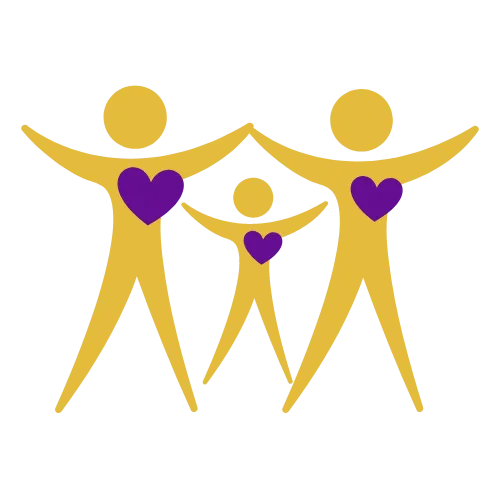
Healthy Children, Families, & Neighborhoods Pillar
Get Involved
Are You Interested In Joining Us or Accessing Community Services? Contact Our Office To Learn More
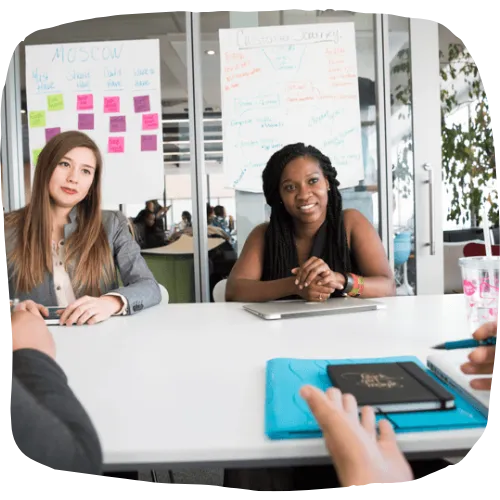
Explore Nevada Partners
About Nevada Partners
Community Learning Center
690 W Lake Mead Blvd. North Las Vegas, 89030
(702) 844 - 8000
